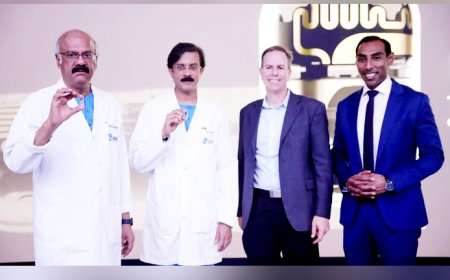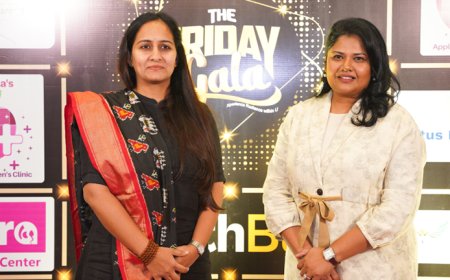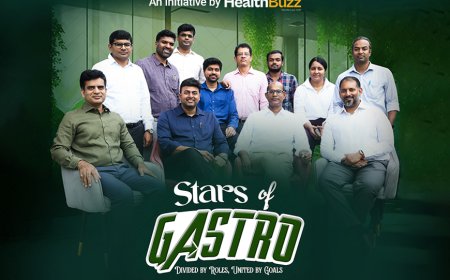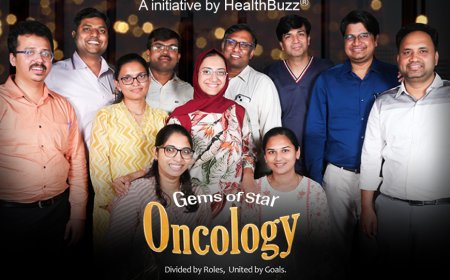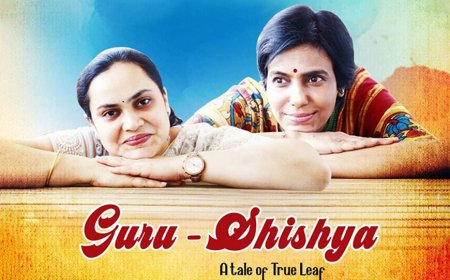Nutrition trends in the recent Generation
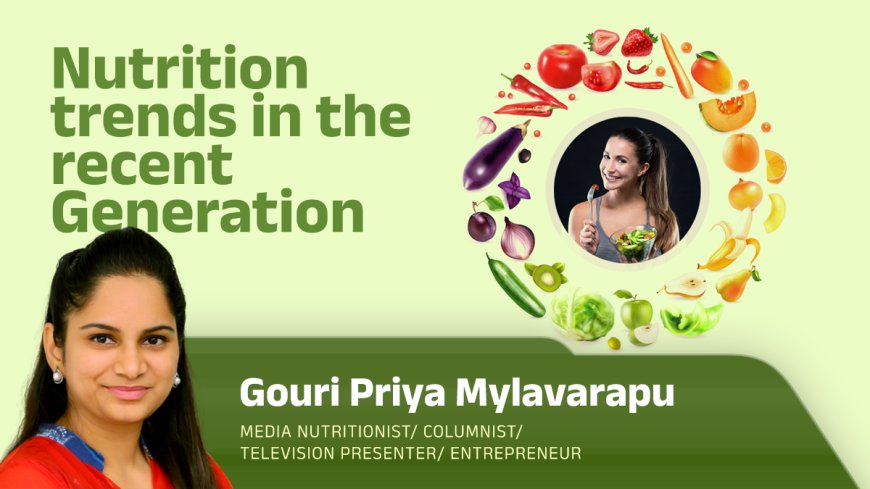
The month of September is observed as National Nutrition month across India to mark the fight against malnutrition. The focus of this month is to educate the importance of following a nutritious diet and making healthy food choices. During this month, practicing dietitians/nutritionists across various hospitals offer their support to this initiative by selecting various themes on nutrition and presenting their views on the subject.
"Traditionally, the role of a practicing dietitian was to analyze a patient’s need to meet a particular weight goal and to provide a diet plan along with some exercise routine to meet that goal."
This year, the Nutrition month has a very special role to play. The outbreak of the Covid-19 Pandemic has pushed humans to adopt to a new way of living and stressed on the need of staying healthy and consuming a healthy diet. The pandemic also created an opportunity for various technological developments and various technology platforms made Nutrition a popular subject. Various information has been put up online or in social media enabling users to read and know more about the subject. Traditionally, the role of a practicing dietitian was to analyze a patient’s need to meet a particular weight goal and to provide a diet plan along with some exercise routine to meet that goal. Over the years, this has undergone a phenomenal change and a dietitian must take into consideration various aspects before providing a diet plan. Some of these are illustrated below.
Food based on taste and availability:
- Every individual has certain likes and dislikes in food and so the choice of foods must be personalized to the individual’s taste.
- Vegan food has become a popular choice and there is rise of the percentage of people who are turning Vegan. Hence, plant-based foods must be considered while planning a diet for Vegans while at the same time meeting the nutrient needs.
- For people who eat only home grown foods, such foods must be considered taking into account the regional and seasonal availability of such foods.
All the diets based on the above options must be personalized and varies from person to person.
Digital tracking/ Personalized nutrition: When we talk about personalized nutrition, individual allergies must be recognized and omitted from the diets. With the rapid rise in use of digital trackers by various individuals, there is lot of information available that includes step count, optimal body performance, body fat, muscle and water percentage, BMI and other features. Analyzing these scores, a nutritionist must plan a diet that leads to an optimal body composition analysis. It takes biomedical impedance to calculate these scores and the percentage of accuracy is different. Yet, its importance is widely spread among various institutions. Listening to body’s cues by using technology such as DNA tests, gut microbiome analysis, diagnostic tests, digital/health trackers and planning accordingly is the current trend that is fascinating most of the people.





